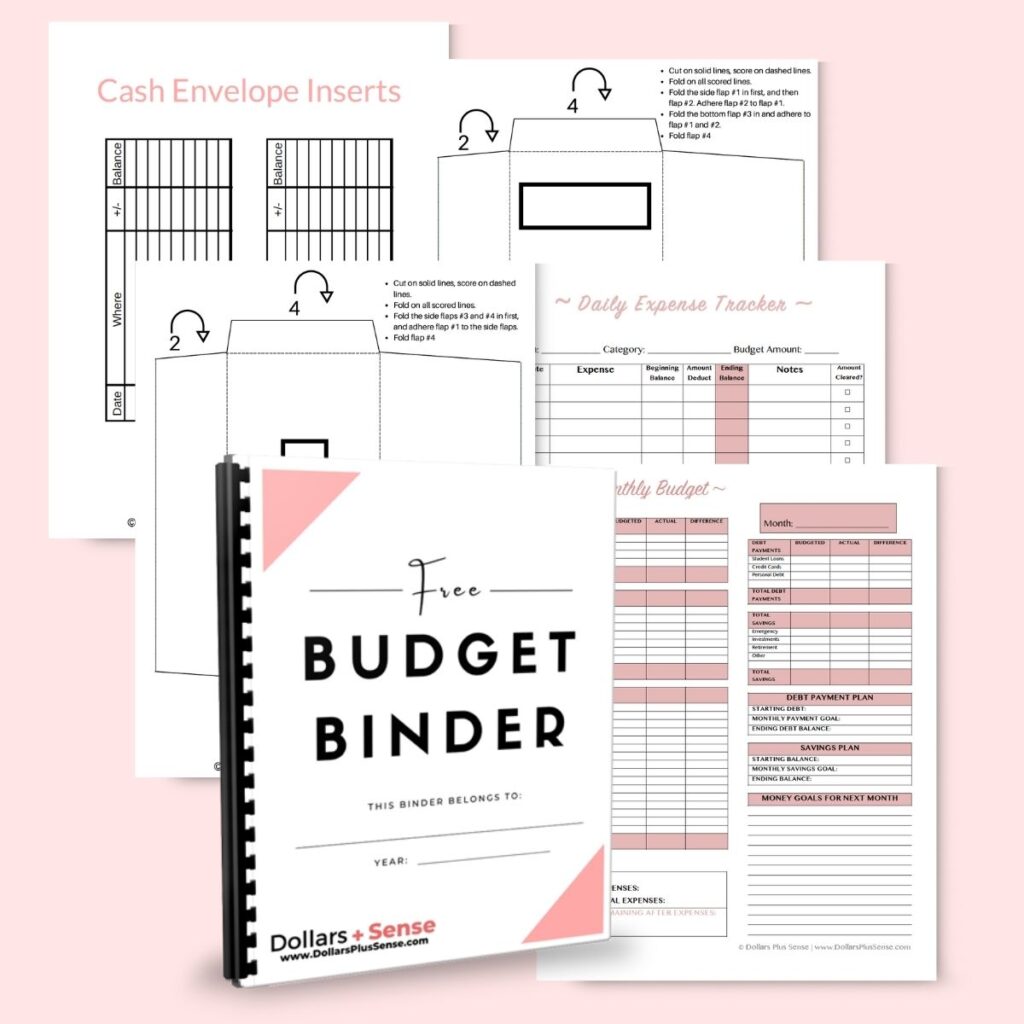Can you file bankruptcy twice? The answer to this question is not as straightforward as you might think. There are many factors that need to be taken into account when making a decision about whether or not to declare bankruptcy. Keep reading to learn more about filing for bankruptcy and the process of filing twice to see if it’s a good idea for your financial situation.
What is bankruptcy?
Bankruptcy is a legal proceeding initiated when someone cannot repay outstanding debts or obligations. This process is carried out to allow people or businesses to be free from their debt that cannot be repaid while providing some sort of repayment to creditors through the individual’s assets available for liquidation.
Typically, this process begins with a petition filed by the debtor but is sometimes done on behalf of creditors. In the United States, all bankruptcy cases are handled by federal courts because the entire process is governed by federal law.
What are the different types of bankruptcy?
Believe it or not, there are several different forms of bankruptcy, which fall under different chapters of the United States Bankruptcy Code. The different types of bankruptcy include:
- Chapter 7: Liquidation
- Chapter 9: Municipalities
- Chapter 11: Large Reorganization
- Chapter 12: Family Farmers
- Chapter 13: Repayment Plan
- Chapter 15: Used in Foreign Cases
The most common types of bankruptcy are Chapter 7, which involves liquid assets, and Chapter 13, which involves debt repayment.

Chapter 7 bankruptcy
Filing for Chapter 7 bankruptcy, also known as liquidation, is the most common form of filing. Chapter 7 bankruptcy allows people to dispose of unsecured debts, like credit cards or medical bills. People filing for Chapter 7 bankruptcy will essentially sell off their assets to clear their debt. Individuals with non-exempt assets, like second homes, cash, or stocks, must liquidate these assets to repay some or all of the unsecured debts.
People with no valuable assets and only exempt property, like clothing, personal vehicles, and household goods, may not have to liquidate these items. You can only file for Chapter 7 bankruptcy if the court decides you don’t have enough income to repay the debt.
Chapter 11 bankruptcy
Chapter 11 bankruptcy is typically used for reorganizing a corporation or business. The business will devise a plan for how it can repay the debt while operating the company, and the court and creditors must approve this plan.
Chapter 13 bankruptcy
Those who make too much money to file for Chapter 7 bankruptcy can file for Chapter 13 bankruptcy instead. This is also known as a wage earner’s plan. Individuals and businesses with consistent income can create workable repayment plans through Chapter 13 bankruptcy. The courts usually allow debtors to keep all of their property in exchange for repaying their creditors.
Student loan bankruptcy
Filing for student loan bankruptcy is complex and does not guarantee that your debt will be forgiven. In some cases, you can get your student loans discharged, but the process is much more complicated than other forms of bankruptcy.
Before petitioning for a judge to release your student loans, you must file for Chapter 7 or Chapter 13 bankruptcy. After this process, you’ll need to file for an adversary proceeding, also known as an AP. An AP is defined under the U.S. Bankruptcy Code as “a proceeding to determine the dischargeability of a debt.” This basically means that it is a lawsuit within a bankruptcy case.

What are the requirements for filing bankruptcy?
Anyone in the United States can file for bankruptcy, but you must affirm your eligibility through a few steps. To be eligible for the most common type of bankruptcy, Chapter 7, here are the requirements:
- Complete a debt counseling course no more than 180 days before filing.
- You cannot have filed a Chapter 7 bankruptcy within the last eight years.
- You cannot have filed a Chapter 13 bankruptcy within the last six years.
- If your case was dismissed for a Chapter 7 or 13 bankruptcy, you must wait 181 days before filing again.
- You must undergo a test of financial scrutiny. Your average monthly income over the last six months must be less than the median household income of the same size, or you must pass a means test determining if you have enough income to make partial payments to creditors.
- If you fail the mains test, you can still file for Chapter 13 bankruptcy.
- If the court determines that you are trying to fraud your creditors or acting in bad faith, your case can be dismissed.
The process of filing for bankruptcy is complicated and lengthy, so we recommend hiring an experienced bankruptcy attorney to help you through the process and lend legal advice. You would want to hire an attorney that has several years of experience. See if you can find a bankruptcy lawyer that offers a free initial consultation—that way you can determine if the attorney-client relationship is a right fit for you.

However, if you decide to do it yourself, the process goes something like this:
- You’ll fill out a series of lengthy forms detailing records of assets, income, liabilities, and expenses, along with existing contracts or leases in the debtor’s name.
- If you’re filing under Chapter 7, you’ll need to go through pre-bankruptcy credit counseling.
- If it is decided that bankruptcy is your best option, take the forms from step 1 to your local bankruptcy court to file a petition for bankruptcy.
- You’ll need to start paying for the bankruptcy process, which can be expensive. It costs $335 just to file, not to mention court and attorney fees.
- All of your bankruptcy paperwork becomes public record. You might be listed in your local paper and online, resulting in a loss of privacy.
What are the consequences of filing bankruptcy?
Besides the obvious consequence of filing for bankruptcy – losing some of your property – there are plenty of other effects, including a lack of privacy and damage to your credit score.
Filing bankruptcy may damage your credit score
If you have a good credit score, bankruptcy can cause your credit to drop by about 200 points. If you already have a low credit score, it could drop between 130 and 150 points. A bankruptcy will also remain on your credit report for ten years, which will mean paying much higher interest rates on future loans.
You may have to give up some of your assets
If you file for bankruptcy, you may have to give up family heirlooms, second homes, boats, cash, stocks, bonds, and more. Basically, you’ll have to give up any luxury property or items you own.

You may have to pay higher interest rates
Because bankruptcy will stay on your credit report for several years, it will be challenging to get a future loan. Even if you can get a loan, you will likely have to pay much higher interest rates due to your low credit score.
You may be unable to file for bankruptcy again for a certain period of time
There is often a waiting period if you need to file for bankruptcy a second time. For example, if you file for Chapter 7 bankruptcy and received a discharge of debts, you will have to wait eight years before filing again.
Can you file for bankruptcy more than once?
Although there are time limits between filing dates, there is no limit to the number of times you can file for bankruptcy. However, if the court decides that you are not acting in good faith, or trying to fraud your creditors, your case can be dismissed.
How often can you file for bankruptcy?
Because bankruptcy should be a last resort, there is often a waiting period before you can file for bankruptcy again. The time limits only apply to bankruptcies in which you received a discharge.
Chapter 7 bankruptcy
If you have filed for Chapter 7 bankruptcy in the past, you must wait at least an eight-year period before filing again.

Chapter 13 bankruptcy
If your previous case was under Chapter 13, you’ll need to wait two years before filing again. However, if you want to file for Chapter 7 after filing for Chapter 13, you’ll need to wait six years.
Student loan debt
Because student loan debt is taken care of through Chapter 7 or Chapter 13 bankruptcy, you’ll have to wait between two and eight years before refiling after the first case.
Tax debt
Because tax debt is often taken care of through Chapter 7 bankruptcy, you’ll need to wait at least eight years before filing again.
Discharge
A bankruptcy discharge releases a person or business from personal liability for certain types of debts. Simply put, if a debt is discharged, the debtor is no longer required to repay the debt. If you are filing through Chapter 7 bankruptcy, you can receive a second debt discharge after eight years.
What is the process for filing for bankruptcy twice?
The only rules when filing for bankruptcy a second time involve the time between the filings. The filing process the first time will be the same for the second bankruptcy filing, but you may need to wait several years to file again if you received a discharge. If your case was dismissed during the first bankruptcy case, you can often file again immediately.

What are the difficulties of filing for bankruptcy twice?
Filing for bankruptcy twice certainly isn’t ideal, and it comes with its fair share of difficulties, listed below.
The process takes a long time
The bankruptcy process usually takes three to four months, which can be a long time when you are going through hard times and in financial need!
You have to wait a certain period of time before you can file again
Not only is the bankruptcy process lengthy, but if you decide to file again, you may have to wait up to eight years.
The interest rate on your loans may go up
Filing for bankruptcy once can cause a drastic hit to your credit score, so filing for bankruptcy a second time can cause your credit to plummet even more. When your credit score is low, you can expect the interest rates on your loans to increase, costing you more money in the long run.
You may not be able to discharge all of your debts
Some debts cannot be discharged in a bankruptcy case. For example, unpaid taxes, child support, and personal injury debt are all non-dischargeable debts.
You may have problems getting new credit
Improving your credit score after a bankruptcy can be a challenging and lengthy process, which can take between two months and two years. While your credit score is low, you may struggle with getting new credit cards or loans.

What are the benefits of filing bankruptcy twice?
Even though filing for bankruptcy twice can be a difficult process, there are some benefits to consider.
The first filing can help discharge certain types of debt
The obvious advantage of filing for bankruptcy is that it can help eliminate some of your debt so that creditors cannot pursue repayment.
The second filing can help discharge additional debt
If you have any debt remaining from the previous bankruptcy case, repeat filings can possibly relieve you of your remaining debt.
The second filing can help reduce the interest rate on some debts
A Chapter 13 bankruptcy can help establish a debt repayment plan with a set interest rate, which is often less than the interest that was originally being paid.
The second filing can help extend the time to repay some debts
Repeat bankruptcy filings under Chapter 13 can be helpful because it can spread the debt payments over three to five years on the repayment plan, often extending the original repayment time frame.
In addition, an automatic stay is usually imposed against certain creditors when filing for bankruptcy, stopping them from trying to collect debts until the court proceedings have been completed.

The second filing can provide a fresh start for the debtor
When you’re forgiven of your unsecured debt, you can start over with a clean slate. The good news is with this financial fresh start you can rebuild your finances by borrowing responsibly, building an emergency fund, and making efforts to increase your credit score.
Are there any other options besides filing for bankruptcy twice?
- Debt settlement: You can sometimes make an agreement with creditors to pay significantly less than what you owe.
- Debt consolidation: You can access a credit line or loan, usually through a bank, credit union, or home equity loan, that will allow you to pay off your debts.
- Selling assets: Consider selling some of your assets and using the money to make payments toward your debts.
- Boost your income: Ask for a raise, get a second part-time job, or start freelancing. When you boost your income, you can use that extra money to pay down your debt.
Summary
Filing for bankruptcy twice may not be the best solution for everyone, but it can provide some benefits. If you are considering filing for bankruptcy a second time, make sure to weigh all of your options and understand the consequences involved. Finally, you should talk to an experienced bankruptcy attorney to help you through the process and give you legal advice.
Related Articles:





